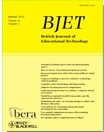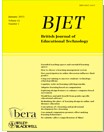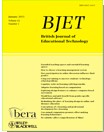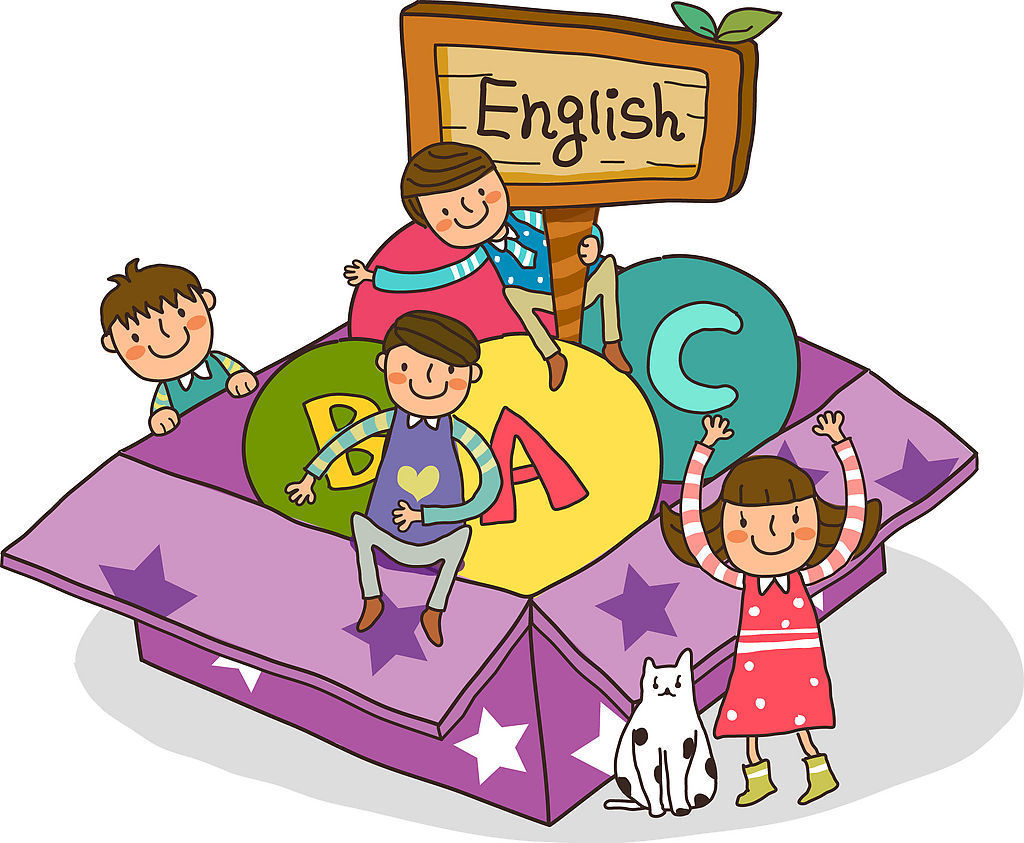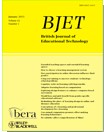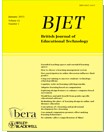-
基础教育
- 教材:
-
- 全部
- 中国地图出版社
- 人教版
- 人教版2012
- 人教版2013版
- 人教版PEP(3年级)
- 人教版义务
- 人教版新课标
- 人教版新起点(1年级)
- 人教版(Go for it)
- 人教版(三年级起点)
- 人教版(三年级起点)2012-2013
- 人教版(版本不明)
- 人教社2016年新编教材
- 冀教版
- 冀教版(三年级起点)
- 北京版
- 北师大版
- 北师大版(2016)
- 北师大版(1年级)
- 北师大版(3年级)
- 北师版2013
- 华东师大版
- 外研社版
- 外研社(三年级起点)
- 外研社(广西专用)
- 广州新版(三年级起点)
- 广州版
- 开心学英语
- 教育科学(3年级起点)
- 教育科学(广州版)
- 新华东师大版
- 新起点英语
- 朗文英语
- 河北版
- 湘少版(3年级起点)
- 牛津上海版
- 牛津上海版(深圳新版)
- 牛津英语
- 粤教版
- 苏教版
- 语文S版
- 语文版
- 首师大版
- 香港现代版
- 齐齐学英语
- 高等教育
- 职业教育
-
Mutual feedback in e-portfolio assessment 普通类
This paper presents an alternative application of e-portfolio in a university student assessment context. A concept based on student collaboration (called netfolio) is developed, that differs from the classical e-portfolio concept. The use of a netfolio, a network of student e-portfolios, in a virtual classroom is explained through an exploratory study. A netfolio is more than a group of e-portfolios because it offers students a better understanding of learning objectives and promotes self-revision through participation in assessment of other students' learning, as indicated through their portfolios. Class student e-portfolios are interconnected in a unique netfolio such that each student assesses their peers' work and at the same time is being assessed. This process creates a chain of co-evaluators, facilitating a mutual and progressive improvement process. Results about teachers' and students' mutual feedback are presented and the benefits of the process in terms of academic achievements are analysed.
-
A case study of the development of WebPA 普通类
Peer moderation of group work in higher education is rapidly advancing through the use of technological developments and is increasingly being informed by pedagogical research. The highly successful WebPA online assessment system has gone through a number of development phases over its 15-year history and has now evolved into a relatively mature and flexible tool for facilitating group work. This paper presents a case study of the approaches that have been used in the system's development from the technical perspective, and describes how the scope of the project has massively expanded and that the development has been continually backed by a sound and wide-ranging pedagogy. The benefits of using the online system are shown to be underpinned throughout by examples of good practice in the supervision of academic group work. A critical evaluation of the tool and surrounding pedagogical practices highlight future areas for technical expansion.
-
Intended and unintended consequences 普通类
While supplementation of face-to-face (F2F) teaching with online engagement is increasingly common, the educators' challenge of teaching F2F personalities and facilitating online personalities has not been widely explored. In this paper, we report on a project in which 1st-year students attended F2F sessions and engaged with an anonymous online questioning environment. The differences between students' F2F and online behaviour led to intended and unintended consequences. The purpose of this paper is to explore these intended and unintended consequences of technology use. The project was undertaken over a 3-year period, starting in 2004. In 2004, a pilot project was conducted based on a class of 35 students studying a 1st-year programming course in information systems. The investigation was again conducted in 2005 for the same course, this time with 63 students. In 2006, the project was extended to a class of 610 1st-year commerce students studying an introductory information systems course. In all cases, students met F2F and when online, engaged with an anonymous Web/SMS collaborative tool. The intended consequence was that a blending of F2F with online interaction extended student engagement beyond the limitation of a classroom and provided a forum for further collaboration and consultation. The intended outcome was achieved. An unintended consequence was that the tool provided the lecturer with diagnostic information that was used to impact on pedagogical designs. This was often a result of students taking on an online personality that would very often be extremely frank and honest about the manner in which the course was conducted, and how learning was taking place. The findings show that students used the tool in ways that exceeded the envisaged intention, and student use of the tool positively impacted on the curriculum, pedagogy and general running of the course. The paper concludes that integration of online engagement with F2F teaching adds value to the teaching and learning experience.
-
Constructivist Instruction: Success or Failure? 普通类
Guest Editorial – Innovations in Designing Mobile Learning Applications
-
Development and Evaluation 普通类
Guest Editorial – Innovations in Designing Mobile Learning Applications
-
What are learners actually regulating when 普通类
e-Assessment cannot benefit learners, and so education, unless it supports them in doing something differently in future. What, however, are learners trying to do better? This paper adopts a perspective in which learners simultaneously self-regulate multiple variables that are relevant to learning, and develops a theoretical argument that a key issue is the ambiguity of feedback events (such as a failed task or a poor mark) as to which variable should be adjusted. A common tacit assumption is that the relevant loop is about technical expertise, but in reality, students must and do also adjust effort, learning methods and course choices. Two methods for helping learners by resolving this ambiguity are discussed: telling learners directly which interpretation is relevant, and structuring learning activities to focus on one variable. Which loops are most important to learners generally shifts in the transition from school to university, implying that the role of feedback also changes. e-Assessment needs a major rethink to address these needs, and to understand why feedback is so often apparently ignored by students. Conversely, attending to all these loops would be to open new dialogues with learners.
-
From MMORPG to a Classroom Role 普通类
Guest Editorial – Innovations in Designing Mobile Learning Applications
-
Blended e-learning skeleton of conversatio 普通类
The supervision of undergraduate student dissertations is an area in need of research. Although some studies have already addressed this, these are primarily based on academic staff responses. This study contributes to knowledge by gathering the responses of students and focusing on formative electronic assessment. Data was collected using a student focus group and student questionnaire. Unsurprisingly, the findings suggest that good supervisor–student communication is crucial to the supervision process and a number of students felt unhappy with this aspect. However, to facilitate this communication, the perceived absolute necessity of regular supervisor–student meetings is being questioned and a combination of technology-enabled communication is advocated. It is suggested that to improve the undergraduate student dissertation experience, a combination of face-to-face and electronic formative assessment is used. In addition, the blended e-learning skeleton of conversation model provides a sound theoretical framework that could guide supervisors and students in the supervision process. This model is advocated for use in dissertation module design and in supervisor development.
-
Perceptions of Computer-Assisted Writing Program 普通类
Guest Editorial – Innovations in Designing Mobile Learning Applications
-
Using SOLO to Evaluate an Educational Environment 普通类
Guest Editorial – Innovations in Designing Mobile Learning Applications

